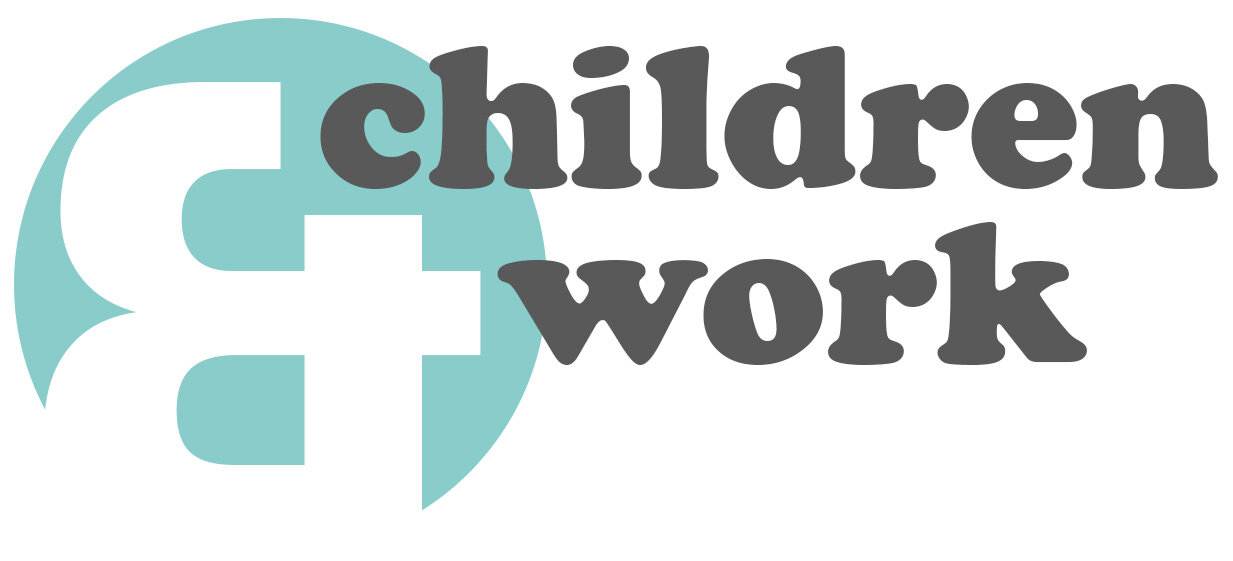Unintended Consequences:
Negative Repercussions of Terminating the Employment of Young Workers
While investigating the incidence of garment mislabeling at the Sicome factory in Meknés, Morocco, a British media outlet known as Granada’s World in Action, discovered that the factory was employing workers as young as 12 years of age. According to Moroccan law these girls were legally employed as apprentices in the garment factory. With a scathing exposé, however, the media outlet scolded the European buyers, Marks & Spencer, for their endorsement of child labour. The exposé focused exclusively on the age of the workers, without mention of the exploitative conditions under which they worked. In response, Marks & Spencer pressured the factory into dismissing these workers at the risk of having their contract with the company terminated. In late 1995 and early 1996, an unknown number of young girls were fired from their jobs at the Sicome factory.
The story of what happened to some of those girls was documented by researchers, who managed to find a dozen girls (aged 13 to 16) who had recently been dismissed. The resulting case study recorded the unheard stories of these young pyjama makers, archiving the experiences of those “Forgotten on the Pyjama Trail.”
For most of these girls, employment in the Sicome factory provided a necessary income which was used to support their families. Most of the girls had left school due to failing grades or a lack of faith in formal education. The job prospects for secondary school graduates in Morocco were not good, and young people were pursuing vocational training and apprenticeships. One participant cited the expense of school books and supplies as a reason for her dropping out. Furthermore, families prioritized the education of boys, while their sisters were burdened with far greater responsibilities at home. Due to a rise in unemployment, marriage no longer guaranteed financial security for women, while modern influences encouraged females to seek independence. Morocco’s booming garment industry provided a culturally appropriate mode of skill development and self-subsistence in a predominately female (and therefore safe) environment.
Yet apprenticeship at the factory was not as fulfilling as these workers had hoped. Moroccan statute governing apprenticeships was routinely violated at the Sicome factory, with only the provision protecting minimum age respected. Girls were not taught specialized skills or given health benefits and were consistently underpaid and overworked. Young workers were treated poorly in comparison to the adults, but the adult workers’ union did nothing to protect the girls from the exploitative conditions. Work often stretched to 12 hour days, with many apprentices also being tricked into working until the early morning hours of Ramadan. One participant worked at the factory for four months before being dismissed and only received 100 dirhams ($10 USD) for the entire term. Upon dismissal, these workers’ contracts were ignored and severance pay was not honoured. No effort was made by the Moroccan government, the British media outlet or the European buyers to expose, intervene or rectify these exploitative conditions, or to ensure a fair and dignified termination of contract.
Following their dismissal, none of the girls tracked by the researchers returned to school. Some of these girls were ineligible to return and were also excluded from vocational training programs. Many sought employment at Sicome once more, or at other garment factories. Others pursued work in their own homes or as domestic servants. One participant entered into prostitution while several others married. Another participant and her family could no longer meet their rent and were forced to move into a one-bedroom apartment that was already housing four extended family members. Regardless of their personal circumstances, each of the participants was eager to find new employment as soon as possible.
There is no one culprit in this story. The media outlet, European buyers, factory supervisors and the Moroccan government all failed these young workers before, during and after their employment.
Policy Challenges
Unilateral corporate intervention and a lack of government vigilance forces young workers into exploitative labour or resigns them to dependence and poverty. A failure to acknowledge the financial and social realities of young workers can lead to decisions that actually worsen their circumstances. Without proper guidance, corporations often impose arbitrary minimum age standards that preserve only their public image, not the safety of their workers.
Policy Implications
Denial or termination of employment in the absence of appropriate supports jeopardizes the health and safety of young workers. The inclusion of children in the discussions that affect them is integral to the creation of policy that working children deserve (Article 12 of the CRC). Articles throughout the CRC (including 27, 29, 30 and 32) work independently and in tandem to empower children in developmentally beneficial employment. These carefully crafted articles are irreconcilable with ILO Convention 138, which provides no reprieve for young workers in need of independence or income. A middle ground between dismissal and exploitation that ensures safe and meaningful employment must be facilitated by international bodies, governments and corporations.
Resources
This example was provided by Madori Sakamoto and colleagues at The Concerned for Working Children (CWC).
Case study source: International Working Group on Child Labour (1998) “Forgotten On the Pyjama Trail: A Case Study of Young Garment Workers in Méknès (Morocco) Dismissed from their Jobs Following Foreign Media Attention.”
The CWC later fictionalized this case, exploring the experiences of the young garment makers through a film which can be found here.
Photo credit: Association El Amane pour la Femme et l’Enfant.

